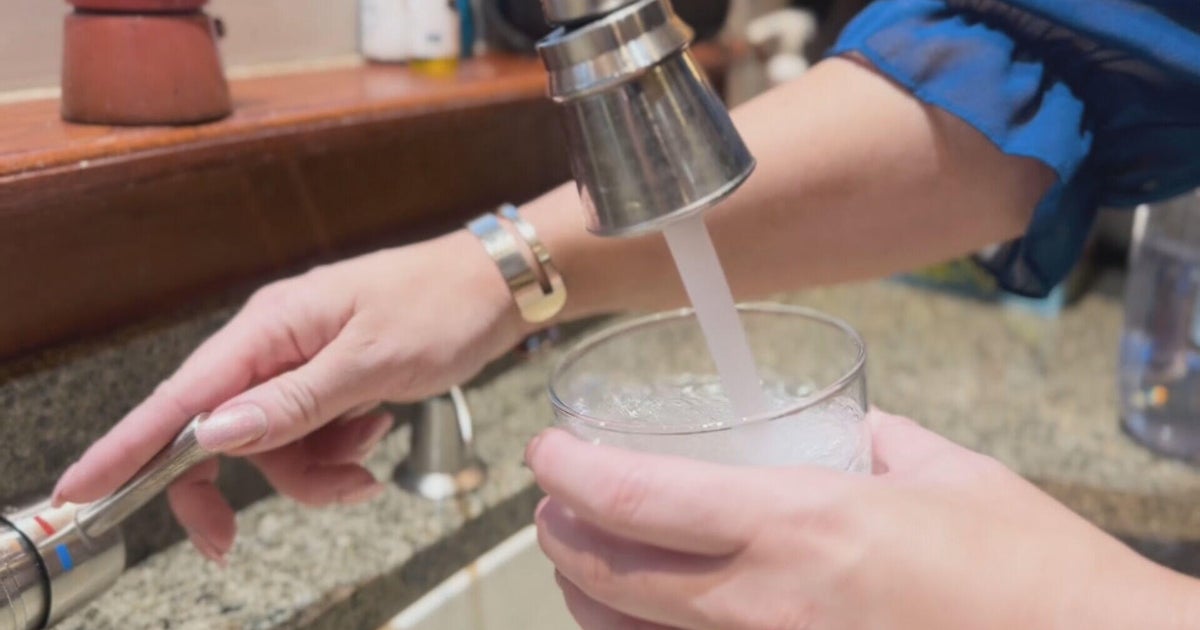Bone broth: Is it good for you? Here's what experts say.
You've probably been seeing bone broth videos popping up on your social media feed. Celebrities mention sipping it for lunch. But is it actually healthy, or a lot of hype?
Laura Ligos, a registered dietitian nutritionist and specialist in sports dietetics, says bone broth has been a trend for a while, first gaining popularity when keto and paleo diets were on the rise. Now, the drink is gaining more attention thanks to celebrities and influencers sharing their interest online.
While bone broth can provide some beneficial nutrients, experts don't view the popular beverage as vital addition to your wellness regime.
"There has not been some earth-shattering research that has emerged telling us that bone broth is the cure-all," Ligos says.
What else do you need to know about the trend? We asked some commonly searched questions:
Is drinking bone broth good for you?
Made by simmering animal bones in water for a long time with vegetables, spices and sometimes other ingredients like apple cider vinegar, bone broth can be "part of the puzzle, but is not a quick fix," Ligos says.
"The goal is to help to pull out important nutrients from the bones, like collagen, gelatin, amino acids like glycine as well as minerals like calcium and magnesium," she says. "It's these nutrients that are extracted from the bones that have been shown to be helpful with gut, skin, hair, and nail health and there is some truth to that. That being said, we need more than just bone broth to be able to improve overall health."
Benefits of bone broth include providing humans with certain nutrients from the connective tissue and meat of the bones, which in turn can aid in strengthening of muscle and bones, explains Jenna Litt, a registered dietitian at Lenox Hill Hospital in New York.
"Specifically, bone broth is rich in collagen and certain vitamins and minerals, such as, iron, fat-soluble vitamins, zinc and other trace minerals. Collagen and fat-soluble vitamins are known to improve hair, skin and nail health," she adds.
Currently there is not enough research to support the benefits or detriments of bone broth on gut health, Litt says.
Ligos also adds it can be hard to discern the quantity and quality of collagen and gelatin in bone broth, or whether it's in high enough concentrations to have an effect on health, as recipes differ.
Can drinking bone broth help with weight loss?
"The use of bone broth daily has been shown to decrease appetite due to the high protein content, thus many have noticed weight loss as a side effect," Litt says.
However, for this reason, bone broth should not be used daily by children and pregnant women, she adds.
Do I need bone broth in my diet?
The short answer? No.
While almost anyone can try it, Ligos says it's important to zoom out and look at the big picture when thinking about nutrition.
"There likely isn't one food item that's going to be the golden ticket to our health. It's a combination of things that we do that can support our health over the long haul. Bone broth can certainly be a part of that — but not the only part of that."
For example, if you're interested in improving skin, nail and hair health, simply increasing protein intake in your diet has been shown to yield results, Litt says, pointing out that "the use of bone broth is not required."
When is the best time to drink bone broth?
If you do want to give bone broth a try, there are a variety of ways to do it. Ligos says for most people it's neither "realistic nor enjoyable to just sip on broth all day, every day."
Instead, she suggests getting its benefits by using it in cooking things like stews, chilis, soups and risotto.
"I have seen with clients that are struggling with digestive issues that having more soups (and) stews can be easier on their digestion. These types of foods have a lot of minerals and amino acids to help improve gut health and are just easier for our body to break down, as opposed to a large salad, as cooking helps to start the process of breaking down our food for us."
Litt adds that people should consult with a doctor prior to starting any new supplements to ensure there are no contraindications of use.



